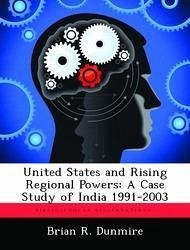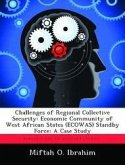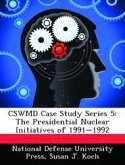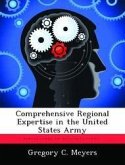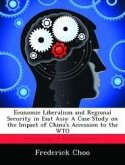The United States has a vested interest in defending its homeland, advancing its economy, developing a favorable world order, and advancing its values in the world. How can the United States, as a hegemonic power, effectively engage rising regional nuclear powers to further American national interests? Countries such as India, Pakistan, Indonesia, Turkey, Nigeria, Brazil, Mexico, and a host of others have grown rapidly in economic terms over the last ten years and desire to remain members in good standing in the international community. The strategy the United States employs to effectively engage with new regional powers with their potential global influence will be crucial to the future of the United States. The first issue of concern with is how the United States will deal with new nuclear regional powers. The pervious treaty-based and sanction-enforced regime to control nuclear nonproliferation may need to be revisited. The second issue of concern with is how the United States will deal with new economic regional powers. The significance of this study is if the United States is able to devise effective methods of engaging rising regional powers, this will greatly enhance our ability to secure American national interests both at home and overseas.
Hinweis: Dieser Artikel kann nur an eine deutsche Lieferadresse ausgeliefert werden.
Hinweis: Dieser Artikel kann nur an eine deutsche Lieferadresse ausgeliefert werden.

